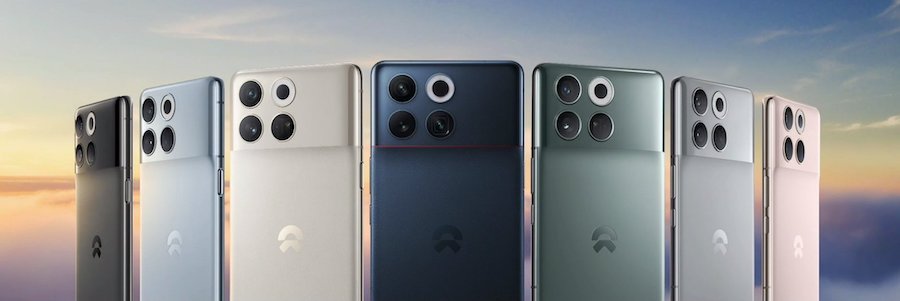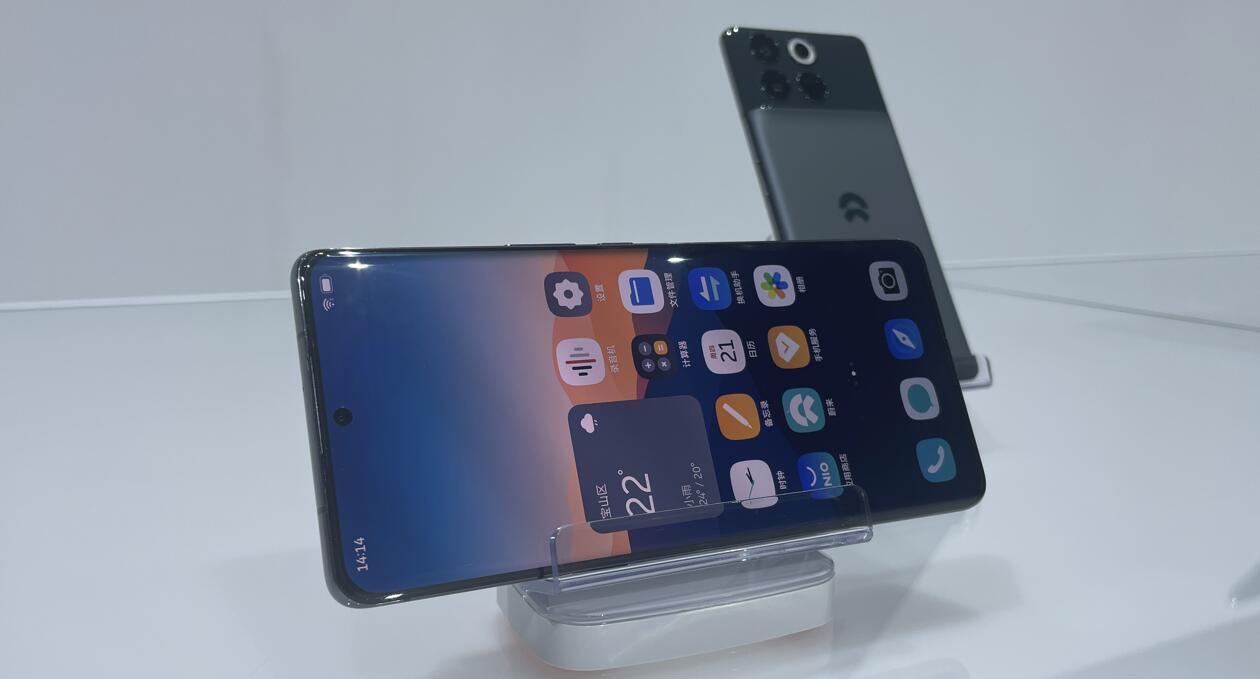NIO Is the First Carmaker To Launch a Smartphone, but Is It a Good Idea?

Analysts question NIO's strategy to enter the highly contested phone market while still struggling to make ends meet in the car market.
For some time, car companies and technology giants have gleefully stepped on each other's toes in search of new market segments to conquer. Carmakers' attempts to cram more technology inside their vehicles have not been quite successful. Car buyers still prefer to use smartphone apps via Apple CarPlay and Android Auto instead of the built-in software.
Conversely, technology companies are working on connected car solutions, and some even want to develop their own vehicles. These efforts are equally difficult, chiefly for the same reason: lack of expertise. There's a reason the Apple Car is still a rumor, while Waymo (owned by Google's parent Alphabet) is struggling in the autonomous driving field.
Startups might be able to successfully unite technology and automotive, with Tesla and Rivian as best examples. They all offer state-of-the-art software and technology while producing compelling electric vehicles. NIO wants to go even further by launching a smartphone to integrate seamlessly with its electric cars. Although rumors indicated that other carmakers, including Tesla, would like to launch their own smartphones, such a move would not make much sense.
NIO is considered one of the most promising new contenders in the automotive landscape. Much like Tesla, it also develops its own self-driving solution and has recently announced its first computer chip designed in-house to control the LiDAR sensors on its vehicles. Still, entering the highly competitive smartphone market might not have been the best decision it ever made.
Like many EV startups, NIO is feeling the heat of Tesla's recent price cuts, especially in a cash-strapped environment as it tries to break even. The Chinese startup claims that at least half of NIO owners would want to buy its smartphone, which is not very promising in this segment. Many smartphone makers sell millions of devices and still barely stay afloat. NIO doesn't afford the luxury of burying tens of millions of dollars in research and development for an unfamiliar product.
At least on paper, the NIO smartphone looks like a flagship device, with a 6.8-inch Dynamic AMOLED screen supplied by Samsung and a Qualcomm Snapdragon 8 Gen 2 SoC. Depending on the configuration, it sports between 12 GB and 16 GB of RAM and 512 GB or 1 TB of storage. Still, its starting price (6,499 yuan/$890) is higher than that of the iPhone 15, which starts at 5,999 yuan ($821). Good luck selling this smartphone when almost all flagships in the market are more affordable and desirable.
NIO touts its new smartphone as a car-centric device built for NIO owners. It offers an action button that allows users to launch more than 30 functions related to vehicle control. These include adjusting the air conditioning temperature and switching seat massage on and off. The phone's screen can also be mirrored on the car's display as a "virtual phone." NIO claims the device will be able to unlock its paired vehicle even 48 hours after the battery has drained.
NIO intends to refresh its smartphone once a year, similar to other smartphone makers, including Apple. This could drain the company's resources and divert them from NIO's main task: building electric vehicles. Instead of developing phones, NIO should've focused on offering a better smartphone app, as Tesla does.

Related News
